Dangerous Education
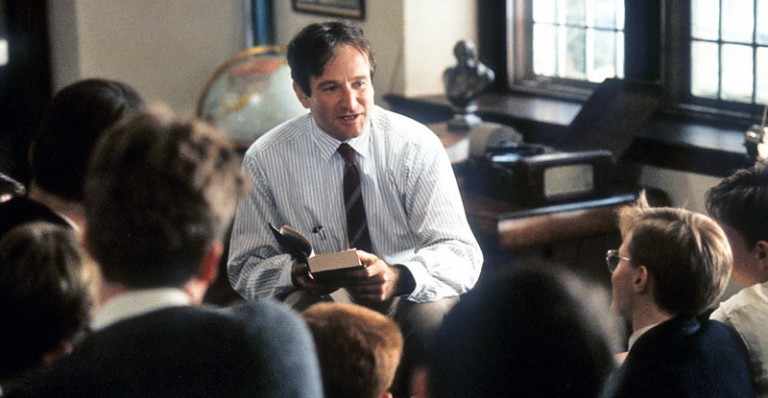
Hussein Rashid I’ve started with a discussion of Boko Haram and the Taliban, because it is easier to show the foibles of an approach when it is distant from us. However, I fear that many of the rejectionist attitudes of these groups are already operating in the United States.
Literary Antecedents and Contemporary Reflections of Thomas Dixon’s “The Clansman”
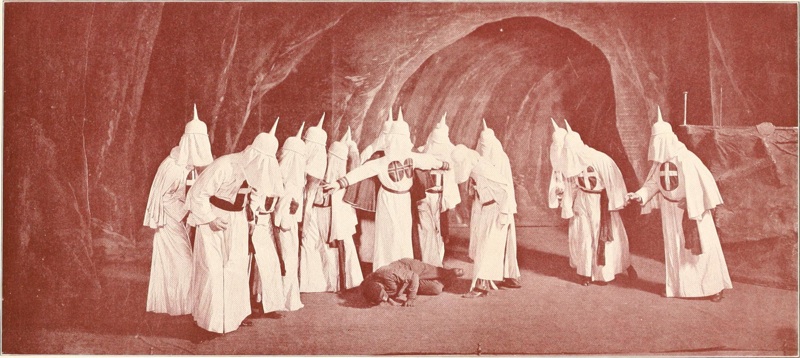
Carolyn M. Jones Medine As The Clansman demonstrates, the Ku Klux Klan was a structure within which white men acted out their vision of southern society and through which they used terror to enforce those visions. The KKK may have been the United States’ first cellular terrorist structure: it was and is covert, local and de-centered, mobile, and opportunistic, multiplying by opportunity and interpersonal connections.
7 Questions for Jeff Wilson

Jeff Wilson The really interesting thing is that mindfulness can be simultaneously religious and secular, spiritual and scientific, not only for different people but even for the same persons. This demonstrates just how much the category of “the sacred” is in flux in today’s society.
Mortality Now: Top 5 Reminders of Death for Aging Baby Boomers
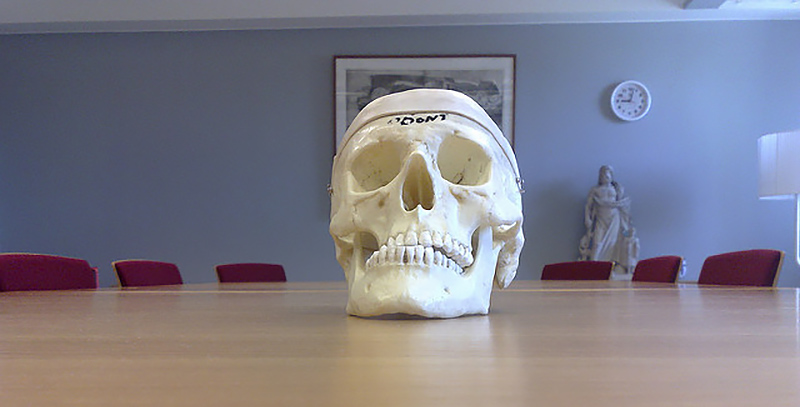
Gary Laderman Memento Mori. Remember, you will die. Not a pleasant thought, yet one that has universal application because it is an unavoidable truth. The vanity of life, the nature of impermanence, the transient quality of existence. You get the point.
7 Questions for Eric Reinders
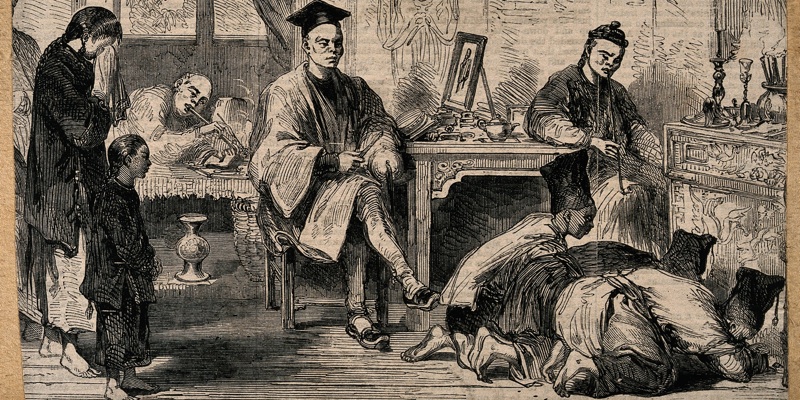
Eric Reinders Then I read Foucault’s Discipline and Punish about the making of the soldier’s body and I thought, yes, there might be a way to talk about monastic discipline in a new way.
7 Questions for Lerone A. Martin

Lerone A. Martin During my research, I discovered that most scholarship on religious media focused primarily on the mediums of print, radio, and television. Moreover, these historical accounts almost exclusively detailed the experiences of white Protestants, while simultaneously ignoring race as an analytical category. This led me to write my dissertation and ultimately Preaching on Wax: an interwar narrative that de-centers whiteness and radio in the history of American religious broadcasting by explaining how black clergy, largely marginalized from radio on account of racial discrimination, made the phonograph a vital medium of religious broadcasting, a phenomenon I have dubbed phonograph religion.
Indian Summers: “For Europeans to Commit Murders is an Impossibility” Edition
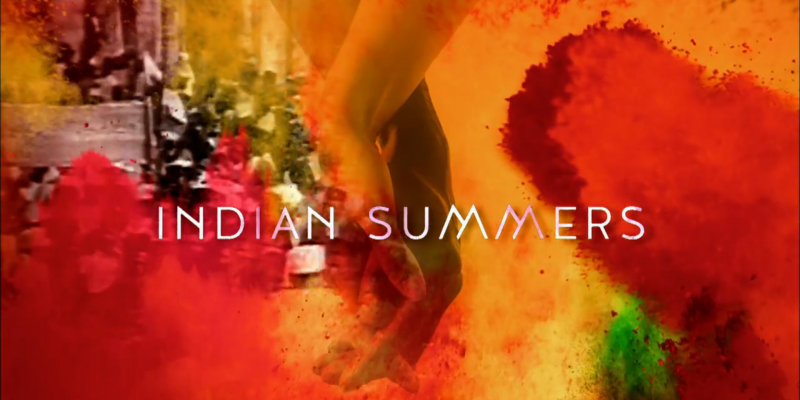
This is our fourth in a series of discussions about the PBS Masterpiece series Indian Summers, airing Sunday nights at 9 pm EST on PBS. Sacred Matters’ managing editor Michael J. Altman and Ilyse Morgenstein Fuerst, assistant professor of religion at the University of Vermont, will offer their reviews of the series as it airs in the United States. NOTE: THERE ARE SPOILERS.
Indian Summers: Find Your Seat at the Table Edition

This is our third in a series of discussions about the PBS Masterpiece series Indian Summers, airing Sunday nights at 9 pm EST on PBS. Sacred Matters’ managing editor Michael J. Altman and Ilyse Morgenstein Fuerst, assistant professor of religion at the University of Vermont, will offer their reviews of the series as it airs in the United States. NOTE: THERE ARE SPOILERS.
Funereal Choices

Gary Laderman “What do you want done with your body when you die?” This is a question I never fail to get from undergraduates in my college Death and Dying course. I’ve taught the class at Emory for roughly twenty years, and after a semester spent exploring attitudes toward death and mortuary practices over time and around the globe, students are most curious about this: the ultimate questions—not in theory, but in real life. My real life.
Satire, Sacredness, and Questioning the Lasting Political Significance of the “Charlie Hebdo” Shootings
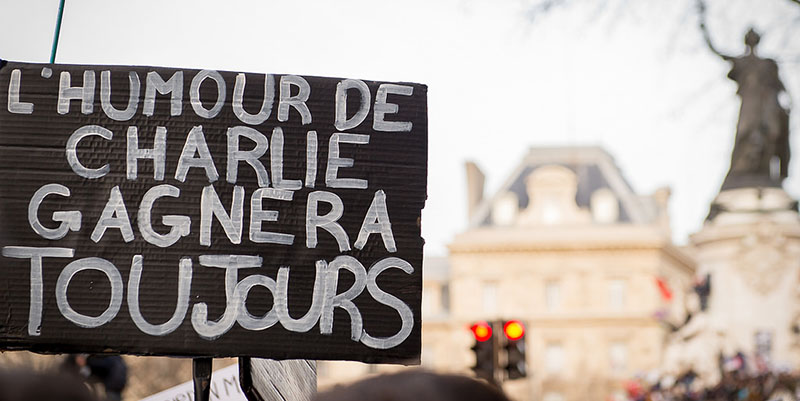
David Feltmate I keep asking myself this question as I read ever more commentary from media pundits and bloggers who are all condemning the killing of 12 people in Paris, France on January 7, 2015: You study religion and satire, can you make sense of this Charlie Hedbo…what do we call it now?
